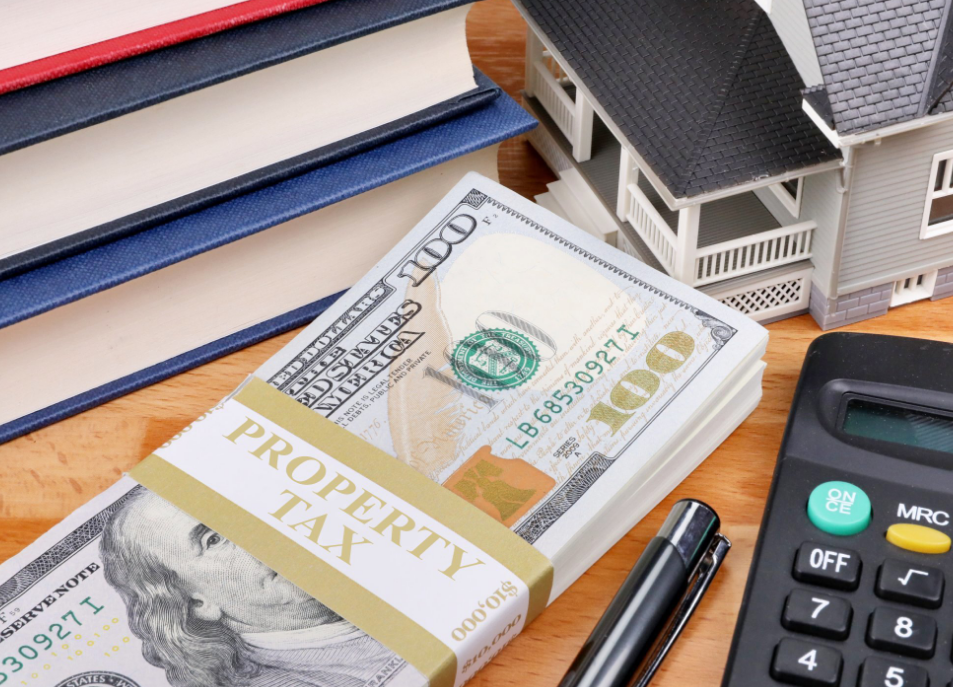Content provided by One Source Process – professional process server
Property Management
These factors determine the price of your rent
Content Provided By RentSimple – property management resources
Ways in Which Moisture can Enter your Home
Presented by ISI Building Products – building materials manufacturer
Green Begets Green
 A few months back we did a post on New York City Local Law 84/09 which requires buildings that are 50,000 square feet or larger to report to the City their electricity, gas, fuel oil and steam usage, and if equipped with an automatic meter reading equipment, water usage as well.
A few months back we did a post on New York City Local Law 84/09 which requires buildings that are 50,000 square feet or larger to report to the City their electricity, gas, fuel oil and steam usage, and if equipped with an automatic meter reading equipment, water usage as well.
Since then, building owners in NYC have shifted their focus as it concerns sustainability from merely adhering to legal requirements to taking proactive steps to make their properties more attractive to potential investors.
Out of State, Not Out of Mind
 By now almost everyone is familiar with the transfer taxes imposed by the City and the State on sales of real property or co-operative apartments. However, not everyone knows that non-residents must also pay a tax on their gain at the time of closing. This can lead to a delay in the closing by unaware sellers.
By now almost everyone is familiar with the transfer taxes imposed by the City and the State on sales of real property or co-operative apartments. However, not everyone knows that non-residents must also pay a tax on their gain at the time of closing. This can lead to a delay in the closing by unaware sellers.
The procedure by which transfer taxes are paid and transfer documents are recorded is the execution and subsequent filing of the New York City Real Property Transfer Tax Return and the New York State Combined Real Estate Transfer Tax Return (“TP-584”).